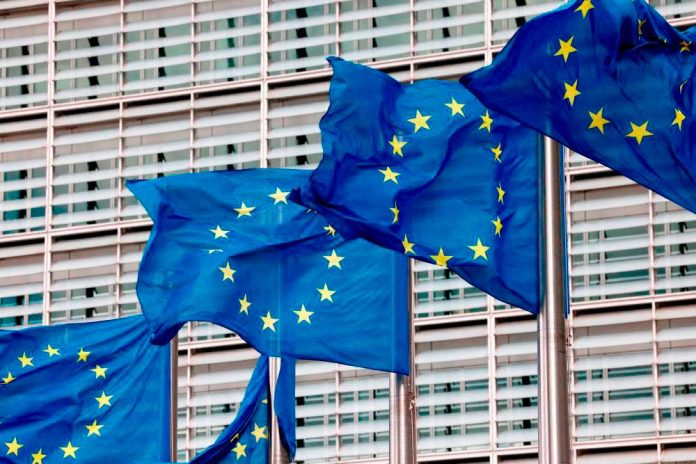BRUSSELS: The European Union is preparing to expand its retaliation options against the United States as hopes for a favourable trade agreement dwindle, according to EU diplomats. With negotiations faltering, Germany and other member states are pushing for the use of the bloc’s “anti-coercion” instrument, which could target US services, procurement, and financial markets.
The European Commission had initially aimed for a deal that would maintain a 10% US tariff on most EU exports, with minor concessions. However, prospects dimmed after President Donald Trump threatened to raise tariffs to 30% by August 1. EU Trade Commissioner Maros Sefcovic described such a hike as effectively blocking transatlantic trade.
During recent talks in Washington, US officials presented conflicting proposals, including potential baseline rates exceeding 10%. “Each interlocutor seemed to have different ideas. No one can tell (Sefcovic) what would actually fly with Trump,“ one diplomat said.
The US has also rejected an EU request for a “standstill” agreement preventing further tariffs post-deal, citing national security concerns under Section 232. This has shifted sentiment among EU nations, which now favour stronger countermeasures despite preferring a negotiated solution.
The EU has already suspended tariffs on €21 billion ($24.5 billion) of US goods until August 6, with a decision pending on additional measures covering €72 billion in US exports. Discussions have intensified over deploying the “anti-coercion” instrument, originally designed to counter economic pressure from China.
France has long supported using the tool, while others view it as a last resort. European Commission President Ursula von der Leyen cautioned that the mechanism was meant for “extraordinary situations,“ adding, “We are not there yet.” However, Germany and other nations are increasingly open to the idea, signalling growing support for tougher action. – Reuters








